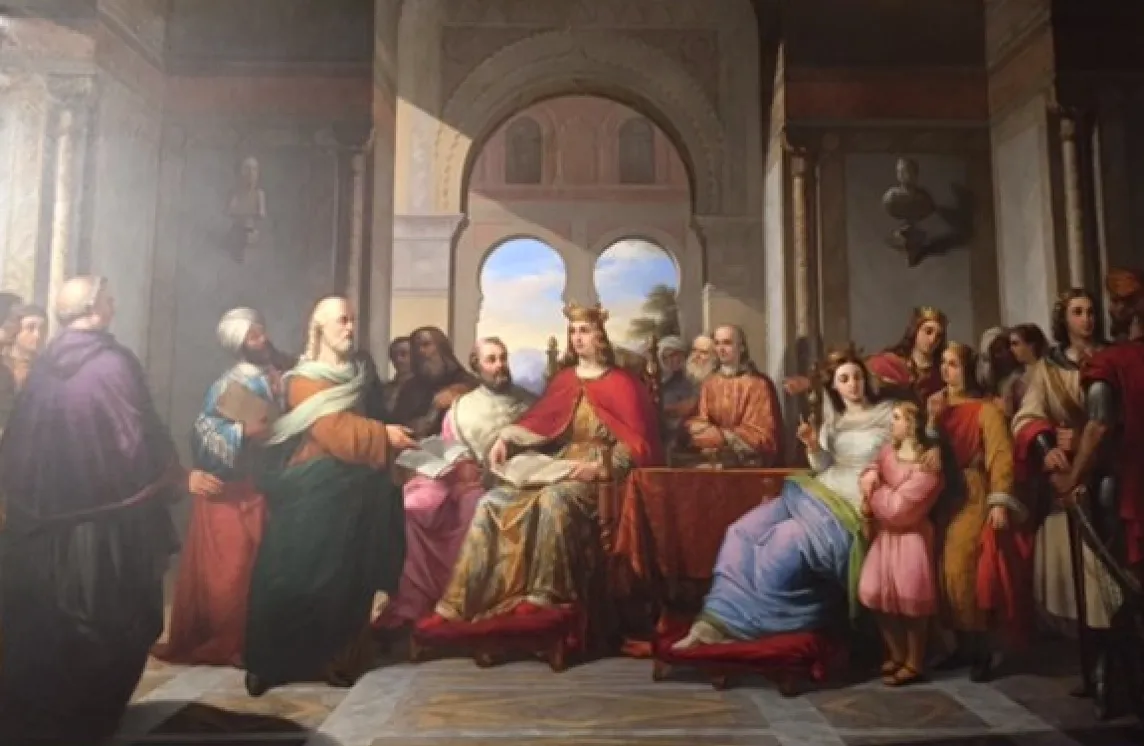
15-18 December 2021
Aix-Marseille Université
Campus Schuman, Pôle multimédia
https://derrida.sciencesconf.org
Sponsors![]()
![]()
Keynotes
Danielle Cohen-Lévinas (Paris-Sorbonne)
Joanny Moulin (Aix-Marseille)
Alexis Nuselovici (Aix-Marseille)
Charles Ramond (Paris 8)
Avital Ronell (NYU)
Francesco Vitale (Salerno)
Naomi Waltham-Smith (Warwick)
Conveners
Francesca Manzari & Stéphane Lojkine
Call for papers:
When the seminar The Beast and the Sovereign came out in 2008, it drew the attention the of the community of Derrida specialists to the famous seance of 20 March 2002, in which the philosopher looked closely into the theses propounded by Giorgio Agamben in Homo Sacer (1995), on the recent advent of biopolitics. This is related to a certain heritage of Michel Foucault, and the themes developed since 1977 in his lectures at the Collège de France. The indirect, postponed dialogue this inaugurates between Derrida and Agamben offers a criticism of this inheritance: whereas Foucault described a gradual transformation of the techniques of government since the 18th century, Agamben notes a recent rupture, signalled by the camps and the experience of totalitarianism. Derrida disagrees with Agamben on the reading of Aristotle’s Politics: the distinction between bios, or life in the city, and zoe, or naked life, says Derrida, does not exist as such, literally, in Aristotle’s original text. Hence, the present undifferentiation of the two notions would not at all be an event, or an epistemological threshold from which to think a modern mutation of the political. If bio-power is undergoing unheard-of developments and transformations today, this bio-power, for Derrida, will always already have been there.
Derrida proposes to read-write Agamben reading Foucault. The textual machine of the seminar is here complexified by this double reading-commentary movement that makes us read Foucault in the light of the interpretations his own works have enabled. On the one hand, Foucault’s reflection on biopolitics as a distinctive mark of contemporary political exercise and systems never alludes to Heidegger, from whose work it nevertheless derives. On the other hand, and most importantly, Derrida does not validate the apocalyptical announcement of the biopolitical, as if coterminous with Fukuyama’s Gospel of the end of history, which he had denounced in Specters of Marx.
Twenty years later, as a pandemic strikes the bodies worldwide, as the climatic emergency threatens the survival of species, as borders open up and close down according to more and more fluctuating contingencies, the time has come to reopen the debate of biopolitics.
- How should we understand Foucault’s biopolitics? Can this new construction of the political be deconstructed? Can it be said to result in a perhaps insurmountable disagreement between the two philosophers?
- The point is to work on the comparison between Derrida and Agamben. Notwithstanding the frontal opposition that manifests itself in The Beast and the Sovereign, Derrida and Agamben are nevertheless the two main intellectual heirs of Heidegger’s thought in continental philosophy.
- How does Derrida work on the bios of life, from the bio-logical to the bio-graphical, in La vie la mort (1975) until the time of the seminar on The Death Penalty (1999)?
- Another angle of reflection will be the question of life and the political, from the age-old stakes of sacrifice, hospitality, and forgiveness. How should we understand this apparent reserve respecting the political upheavals of globalization?
- Particular attention will be paid to the place of literature in Derrida’s writing, convoking La Fontaine and Rousseau in The Beast and the Sovereign, Baudelaire in The Gift of Death, Shakespeare in Specters of Marx and The Death Penalty, Ponge in Signéponge, Joyce in Ulysses gramophone, etc.?
- In twenty years’ time, thinking on the biopolitical has undergone considerable developments, and new theoretical models have appeared. What has it got to do with deconstruction?`
Paper and panel proposals to be sent to Francesca Manzari et à Stéphane Lojkine before 30 Septemb 31 2021 : abstract (350 words) bio-biblio (200 words : university, postal address, e-mail, mobile phone). Panels consist of 3 papers of 20 minutes delivery and 10 minutes discussion time each: submit overall panel presentation (350 words), 3 individual abstracts and 3 personal bios as above.





